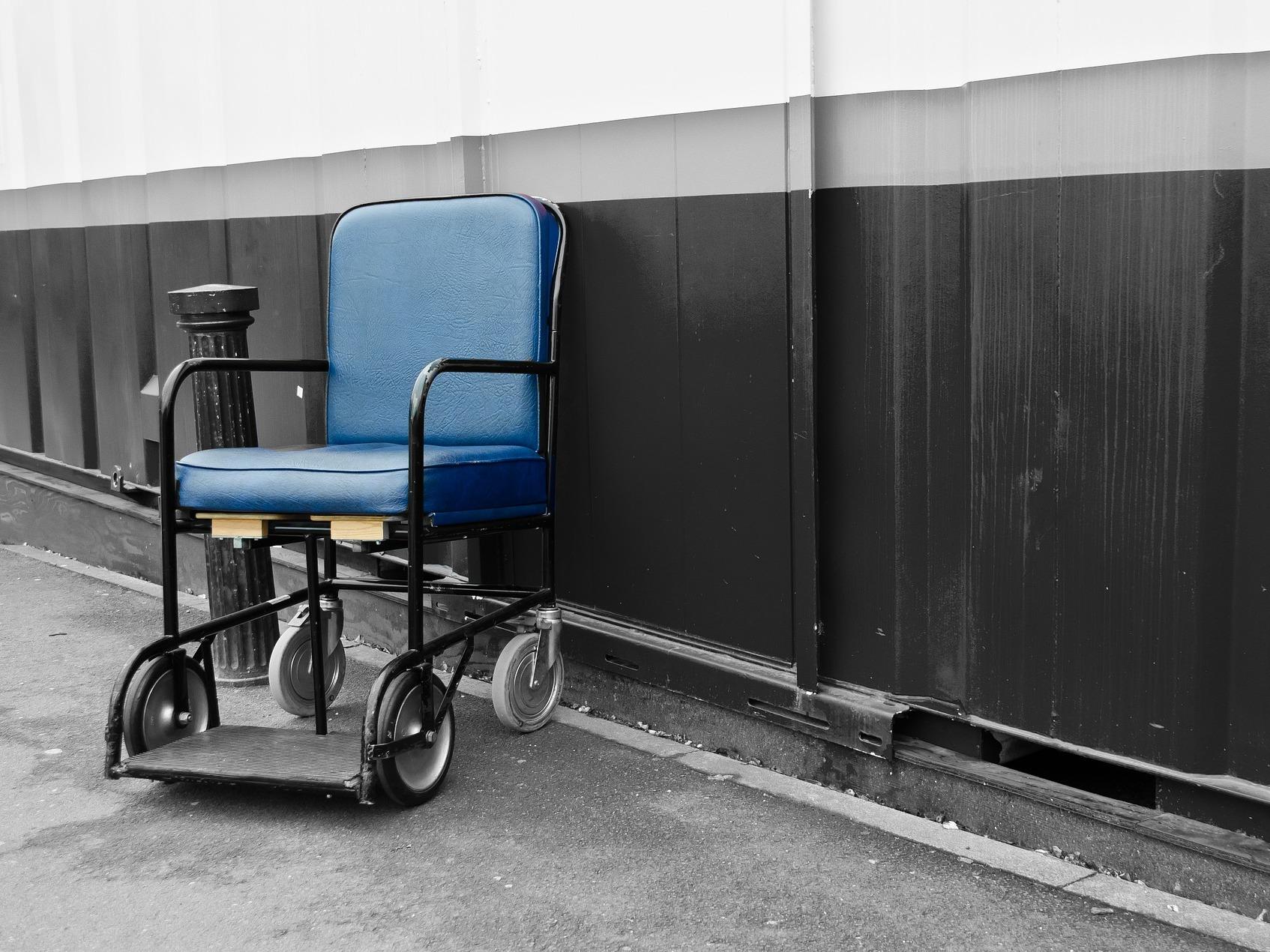Complaints about disability benefit assessments up 6,000% in three years, figures show
Huge rise in PIP assessment complaints prompt renewed concern about 'flawed' process

Your support helps us to tell the story
From reproductive rights to climate change to Big Tech, The Independent is on the ground when the story is developing. Whether it's investigating the financials of Elon Musk's pro-Trump PAC or producing our latest documentary, 'The A Word', which shines a light on the American women fighting for reproductive rights, we know how important it is to parse out the facts from the messaging.
At such a critical moment in US history, we need reporters on the ground. Your donation allows us to keep sending journalists to speak to both sides of the story.
The Independent is trusted by Americans across the entire political spectrum. And unlike many other quality news outlets, we choose not to lock Americans out of our reporting and analysis with paywalls. We believe quality journalism should be available to everyone, paid for by those who can afford it.
Your support makes all the difference.The number of complaints to the government about its disability benefit assessment process has surged by more than 6,000 per cent in three years, prompting fresh concerns that the system is “flawed” and harming disabled people.
Government figures show 9,320 complaints were received about medical assessments for Personal Independent Payment (PIP) in the year to February 2019 – compared with 1,391 in 2016-17 and just 142 in 2015-16.
This marks a surge of 570 per cent in two years and 6,463 per cent in three years – which campaigners said shows that the process is “completely inadequate” for disabled people. The overall number of PIP claims has risen by 67 per cent since 2016.
The medical assessment process for PIP – a disability benefit that replaced Disability Living Allowance (DLA) in 2013 – has come under mounting criticism from politicians and charities who say it is riddled with inaccuracies and forces disabled claimants to “fight” for the support they are entitled to.
Thousands of refused claimants take their cases to court each year to appeal the decisions. Of these, 73 per cent go on to win their appeals at tribunal – casting doubt over the accuracy of decision-making.
Jennifer Jones, 38, who suffers from myalgic encephalomyelitis (ME) and bipolar disorder, had been receiving DLA for around seven years when she was reassessed for PIP, at which point her high rate of daily living allowance was changed to the lowest rate, which she said led to a “huge reduction in support”.
The single mother-of-two, who also suffers from fibromyalgia, which causes pain all over the body, said it meant she could not make simple journeys because she could no longer afford taxi fees.
“When I was told I had to transition I assumed, like a lot of people did, that I’d be supported the same as before,” she said.

“The cut meant I wasn’t able to get out of the house very much for about six months. I lost any sense of independence. It was just things like getting to the supermarket – just ordinary, mundane things that a lot of people who don’t have mobility needs wouldn’t think twice about. It’s so restricting.”
Ms Jones took her case to tribunal, and just a week before the hearing, a Department for Work and Pensions (DWP) caseworker phoned her and said her original support would be reinstated.
She said that while she was pleased to now be in receipt of her entitled benefits, many other disabled people did not have the resilience to fight negative decisions. She cited the case of one friend who killed himself after being refused PIP and then sanctioned for failing to attend the job centre.
She added: “I’m convinced that this tactic of refusing mandatory reconsiderations is because they know that a lot of us can’t cope with the stress of going to a court and that a lot of people will just say I can’t do it. So people are then going on to unemployment benefit and they are not coping.
“It took over half a year to get mine sorted out and now, in just a few months’ time, I know these forms are going to come through my door yet again. It’s a dread every time the letter box goes.
“The support getting into work is great for some people, but there are many of us who have tried and tried to work and can’t, and now it feels like we’re being whitewashed out of existence.”
In another case, the husband of a PIP claimant, who did not want to be named, said his wife lost £123.45 a week when she was reassessed in December 2018. That included £64 in the carer support element of her award, meaning her 30-year-old daughter now cares for her full-time with no financial support.
The 68-year-old man, whose wife suffers from epilepsy and subsequent memory issues, said: “She had been getting that quite happily for 20 odd years, and suddenly someone turns around and says you’re not getting it at all.
“They are trying to cut money without looking at the circumstances. Yes, there are fraudulent people out there, but those people know how to play the system and it’s the honest people who seem to be getting hammered by this.
“It is affecting people like my wife who as a result of epilepsy has got memory problems, but they don’t appear to care.”
Ian Lavery, the Labour MP who obtained the figures through a parliamentary question, said the current benefits system was “driving people into destitution”.
He said that in the year to March 2019, his office helped constituents win back a total of £275,011 in PIP claims and appeals, and that even the local authorities welfare support team were passing cases to his caseworkers.
Anna Bird, executive director of policy and research at disability equality charity Scope, said: “PIP is a lifeline that exists because life costs more if you are disabled. It’s vital that disabled people get the financial support they need.
“The government needs to listen to these frustrations and act quickly to overhaul PIP assessments and get to grips with the routine inaccuracies disabled people experience.”
Genevieve Edwards, of the MS Society, said: “This surge in complaints is not at all surprising, given the assessment process is so completely inadequate for disabled people.
“We frequently hear about how the process causes great anxiety, stress and harm to people’s health. Even those who’ve had increased support say the process takes a toll on their emotional and physical wellbeing.”
A DWP spokesperson said: “We want the PIP assessment process to work well for everyone and have made significant improvements, including testing the video recording of assessments. This year complaints represented less than 1 per cent of all PIP assessments.”
Join our commenting forum
Join thought-provoking conversations, follow other Independent readers and see their replies
Comments